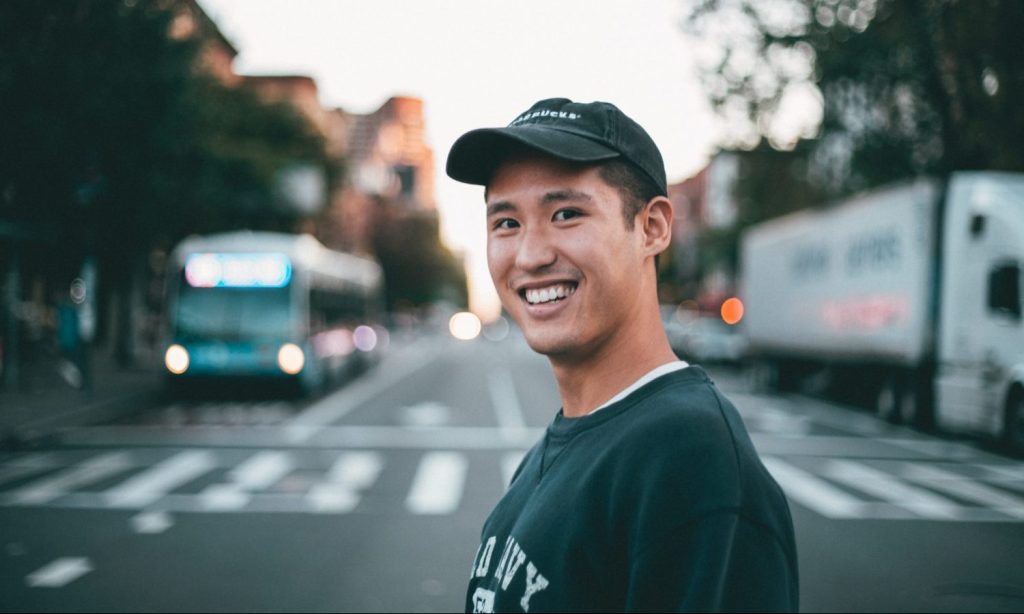Cannabis started to gain a positive rep after the medical community began to pay close attention to its effective compounds, and now the Asian community has joined the weed “revolution.”
Certain things have taken the world by storm and still haven’t been embraced by the Asian community — not because they aren’t “good enough,” but because they are not culturally accepted. However, there has been a shift in the way Asians view, receive and utilize cannabis. To strengthen marijuana’s place in the Asian community, one must understand what led to this shift.
Asian Americans and the cannabis discourse
The Asian culture is a largely conservative space that had previously shunned cannabis and drug use. The pressure from the United Nations treaties, which the West promoted, birthed an era of cannabis prohibition in Asia, making it difficult for cannabis companies to penetrate the Asian market.

For example, people who lived in South Korea in the early 80s faced decades in prison for cannabis possession. Currently, smokers can face up to five years in jail with fines starting at $40,000 to more than $50 million. The South Korean government also threatened to arrest its citizens for marijuana usage in other countries where recreational cannabis was legal. Now the people from the ’80s and the prior generation accepted these rules by discouraging their children from using “drugs” because they feared the pitfalls of addiction and public humiliation associated with a jail term.
Young Asians who migrated to America felt the burdens of making their parents proud and not disappointing them by using cannabis. From one Asian generation to another, the same message was preached: “cannabis is dangerous.”
With the enormous potentials cannabis offers and the younger Asian generation wholesomely embracing it, one has to wonder: Why is there so much focus on cannabis such that the “taboo” has become the most talked-about phenomenon?
The pandemic and an awakening to the value of cannabis
Globally, we have lived through a pandemic that has resulted in the separation of families and friends. The impact of the COVID-19 pandemic caused a massive shift in the way we live, such that people now know they need to be healthy to avoid becoming vulnerable to the virus.
Research has shown that cannabis has strong anti-inflammatory properties, protecting your immune system even with the virus gaining tentacles. With these proven remedies from cannabis, the Asian community could longer deny its impact, which has led to many people embracing it despite cultural hurdles.

The Asian community realized that what works and what makes an impact on their wellness trumps cultural preferences at the end of the day. Through the years, cannabis has also had a bad reputation. The lousy rep happened because of the ignorance of people on the potentials cannabis offers.
Cannabis started to gain a positive reputation after the medical community began to pay close attention to its effective compounds, and now the Asian community has joined the cannabis “revolution.”
Changing tide: why they chose cannabis
The new cannabis wave with Asian communities originated from Asians in the diaspora who experienced the positive and uplifting impact of cannabis firsthand in a foreign land. While they still had the initial skepticisms they imbibed from home; they started to experiment, research, and adopt an open-minded approach towards marijuana.
They saw cannabis as their opportunity to break free from the conservatism that prevented them from harnessing the benefits marijuana offered. The cannabis sector is the fastest-growing market in the United States of America, with a 100% job growth in the last three years.
RELATED: Why Religious People Are Less Likely To Use Marijuana
Due to its growing medicinal value and diverse medical applications, more states in America are legalizing cannabis, making it a more socially acceptable substance. The cannabis industry in America is projected to be worth over $90 billion by the year 2026. Such statistics give Asians in the diaspora confidence in the future of marijuana.
Asian leaders and people venturing into the cannabis market
The Asians accepting cannabis doesn’t end with social acceptance, as more and more leaders and people are taking the bold step to invest in the marijuana sector.
Most notable are former business analysts Mia Park and Dae Lim, who moved from the analytical sector to selling craft cannabis. The partners launched a collection of cannabis edibles mixed with Asian flavors such as milk tea, sour yuzu, and lychee. Additionally, the CFO of Papa and Barkley, Zeeshan Hyder, exited the banking sector to contribute to the financial aspect of cannabis companies.

These are a few Asian business leaders and people who have awakened to the tremendous impact of cannabis on health and the economy and joining the community. It is difficult to provide an exact number on the number of Asian-Americans who have gained employment in cannabis companies.
But there are records to show that more people of Asian descent are getting out of traditional work and pursuing careers in cannabis. Interestingly, the Asians born in the ’80s against cannabis are begging to reach out to the younger generation for CBD remedies for some common ailments.
RELATED: Marijuana Is Legal Almost Everywhere, Yet Weed-Related Busts Increase
From arthritis to chronic pain and nausea, some members of the older Asian community are beginning to embrace the value of cannabis as a plant-based medicine. They are beginning to appreciate the beneficial aspects of the marijuana plant, leading to a cultural shift regarding marijuana amongst Asians.
Although a sudden mindset transformation on the value of marijuana will not happen, this gradual move from Asian-Americans is laying a good foundation for the future.
Bottom line
The conservative nature of the Asian community towards marijuana deprived them of maximizing its advantages for many years. But unlike in the past, young Asian-Americans who have been exposed to the health and economic-boosting impact of marijuana are beginning to change that narrative.
They are quitting traditional jobs to join cannabis firms and create cannabis products because they have seen how cannabis contributes to American society and economy. As they embrace cannabis despite cultural hurdles, they are paving the way for the future generation to accept and become innovative with marijuana.
This article originally appeared on Cannabis.net and has been reposted with permission.


